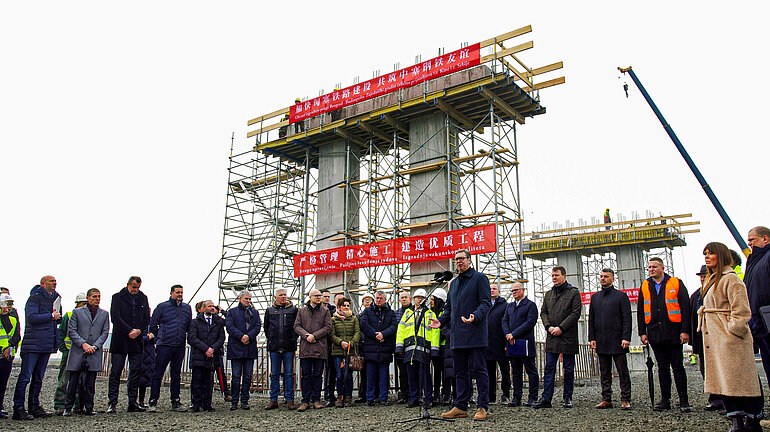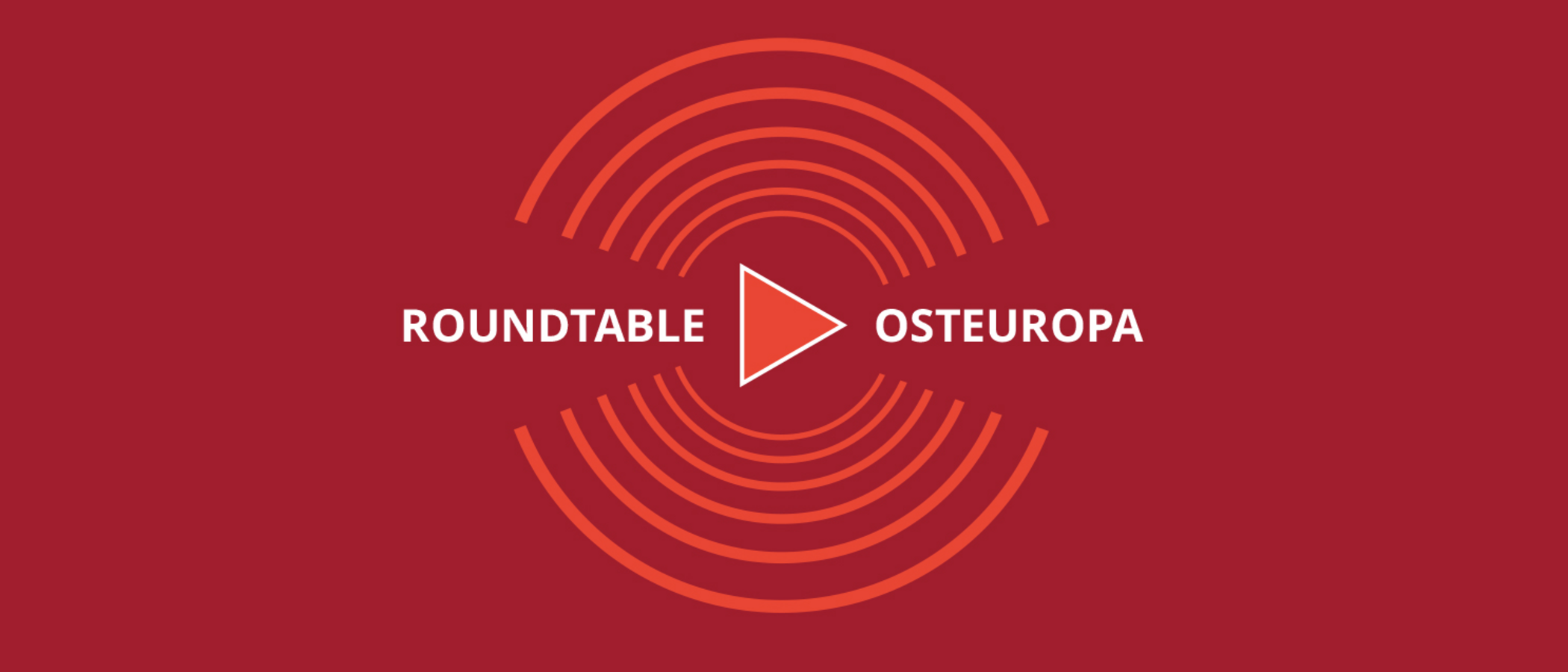Not just China: Regional Actors and the Belt and Road Initiative in Pakistan, Georgia and Hungary

In the ten years since its conception, China’s Belt and Road Initiative has morphed into a trillion dollar global infrastructure enterprise. The attention it has been receiving is frequently mixed with suspicion about China’s presence on the global stage. However, any BRI project involves multiple actors beyond China and interacts with pre-existing infrastructure and conditions. How do national governments and elites as well as the EU perceive and utilize BRI infrastructure projects, do they actually serve their intended purpose and what are the outcomes for locals? Beril Ocaklı’s guests share their insights on three specific and telling cases: Nadia Ali on the China-Pakistan Economic Corridor in the Gilgit-Baltistan region, Valentin Krüsmann on the construction of the E60 highway in Georgia and Tamás Peragovics on the Hungarian government’s handling of the Budapest-Belgrade railway construction.
(Music: “Complete” by Modul is licensed under a CC BY-NC-ND 3.0-License.)
The speakers and their research are embedded within the BMBF-funded network project ‘De:link//Re:link: Local perspectives on transregional processes of entanglements and disentanglements’.
Participants
-
Nadia Ali (Bonn International Centre for Conflict Studies)
-
Valentin Krüsmann (ZOiS)
-
Tamás Peragovics (Institute of World Economics Budapest, Visiting Researcher at ZOiS)
-
Host: Beril Ocaklı

Roundtable Osteuropa
Roundtable Osteuropa is a podcast by the Centre for East European and International Studies. Scholars of ZOiS and their guests discuss their research of Eastern Europe. We consider events in politics and society, while also trying to shed light on lesser-known issues – with insights from sociology, political science, geography, social anthropology, literary studies and theology.